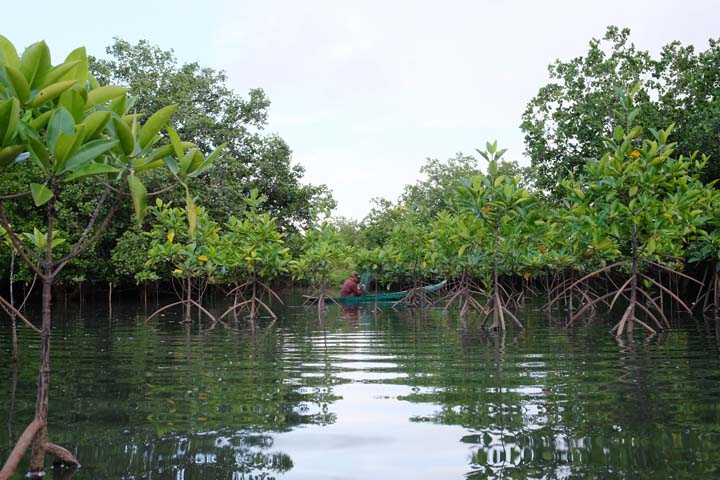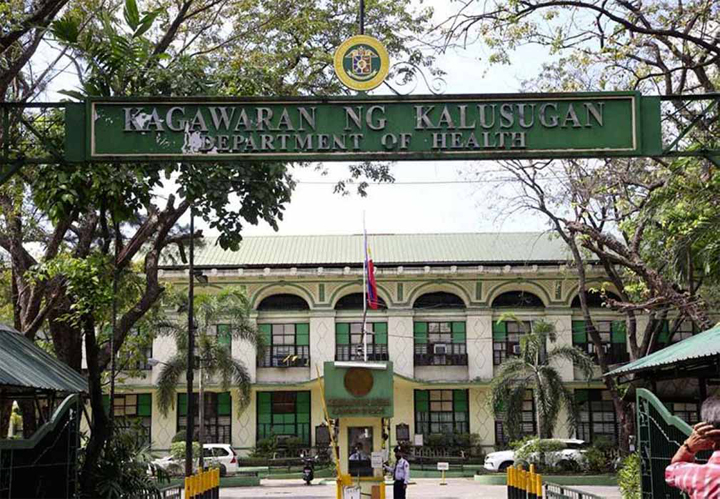By Johnny C. Nuñez / Philippines News Agency
PDP-Laban Rep. Joey S. Salceda of Albay has filed House Bill (HB) 446 seeking to amend the statutory definitions of “public service” and “public utility” under the 80-year-old Public Service Act, or Commonwealth Act 146.
When enacted, the measure will open the telecommunications, transport and power industries to 100 percent capitalization by foreign players.
HB 4468, titled “An Act Further Amending Commonwealth Act 146, or the Public Service Act, as Amended,” aims to solve the country’s debilitating woes over these three vital industries, which have stalled economic growth for so long.
Salceda said his proposed amendments will clarify the “ambiguities” surrounding the statutory definitions of public service and public utility, which had enabled oligarchs to monopolize telecoms, transport and power industries, among others, for decades to the detriment of consumers and the country.
The bill, he added, also seeks to address the “changes in the economic framework brought about by globalization and rapid technological innovations by adjusting the provisions of the law… and enable it to fulfill its purpose of truly serving the public.”
“Consumers often experience high prices and poor quality of basic services in the country because only a few local players or oligarchs effectively control the market. Competition and foreign investments are inhibited, because limitations that should only apply to the operation of public utilities are also often applied to all public services,” he pointed out.
Salceda, senior vice chairman of the House Committee on Economic Affairs, said this situation “is caused by the ambiguity in the definition of public utility that is often used interchangeably with public service under Commonwealth Act 146,” and the key to fixing the problem is to develop a clear statutory definition of a public utility by amending the Public Service Act.
The proposed amendments redefine public utility as “public service that regularly supplies the public and directly transmits and distributes… through a network, its commodity or service of public consequence.”
The bill also states that a public utility is “necessary to the public and a natural monopoly that needs to be regulated when public interest so requires as determined by Congress.” Included in the public-utilities categpry under existing laws are electric- power transmission, electric-power distribution, water pipeline distribution, sewerage pipeline system and similar services.
He noted that Commonwealth Act 146, which has already gone through several amendments through the decades, is “still a good law in terms of protecting public interest, albeit outdated in certain aspects.”
He pointed out, however, that this law is outmoded, most particularly, in 1) the transfer of the functions of the Public Service Commission to various administrative agencies; 2) the definition of public service, which is often used as a proxy for public utility in reference to the 1987 Constitution; and 3) the applicable penalties and fees for public services.
Salceda said HB 4468 “proposes to further amend the Public Service Act to effect the necessary changes in the antiquated provisions of the law to increase its relevance to contemporary concerns, in the interest of providing the general public with more choices, better services and lower prices.”
The bill also “prescribes a 12-percent cap on rate of return and prohibits income tax as operating expense for rate-determination purposes for public services, including public utilities, consistent with administrative and judicial pronouncements.” The legislative reform will significantly contribute to increasing competition, as well as protecting the public interest, he said.
“More competitions among providers would result to lower prices, improved quality of basic services in the Philippines, and help create a more competitive economy toward a better quality of life for all,” Salceda explained. The proposed amendments include the transfer of certain functions, powers and duties of the Public Service Commission to various administrative agencies of the government, according to their respective jurisdictions.
These agencies include the Department of Transportation, Land Transportation Franchising and Regulatory Board, Land Transportation Office, Civil Aviation Authority, Civil Aeronautics Board, Coast Guard, Maritime Industry Authority, Philippine Ports Authority, Department of Information and Communications Technology, National Telecommunications Commission, Department of Energy, Energy Regulatory Commission, Department of Environment and Natural Resources, National Water Resources Board, Local Water Utilities Administration, Philippine Competition Commission and others.





























